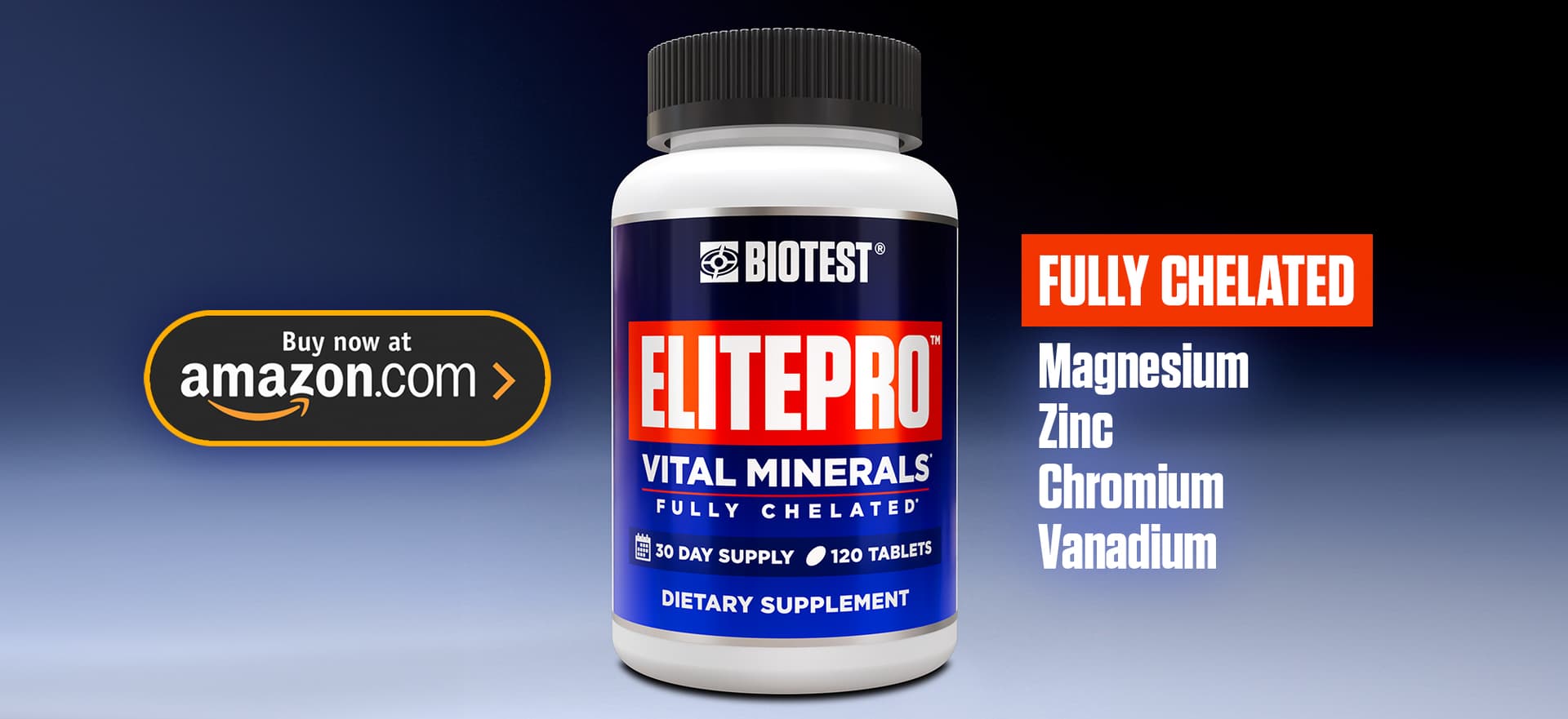We support our Publishers and Content Creators. You can view this story on their website by CLICKING HERE.
Signs and Symptoms of Low Zinc
Low zinc wrecks your testosterone levels, but that’s only the beginning. Here’s what to watch out for.
Relying on the RDI (Recommended Dietary Intake) system is tricky business. The RDI provides guidelines for nutrient intake. The problem? The system only aims to prevent deficiencies. How much vitamin D do you need? Just enough to prevent bone loss. The system all but ignores the benefits of getting more.
With other things, like zinc, the RDI says that men need about 14 mg daily and women need about 8 mg. But food doesn’t often comply with tidy little math formulas. For example, you may be hitting your RDI for zinc, but you also eat plants. Plants contain phytates that bind with zinc and inhibit absorption.
Also, the more you sweat, the more zinc you lose. High-intensity exercise also increases zinc losses through pee and poop. Just lifting weights means you need more zinc than the average couch potato – you’re literally “damaging” your muscles so they’ll recover bigger and stronger. The recovery process requires additional zinc.
Then there’s simple aging. The older you get, the less efficiently zinc absorbs. Enjoy having a drink or two? Well crap, alcohol interferes with zinc absorption. And so do high blood pressure meds, antacids, and antibiotics.
In short, you can meet the RDI guidelines for zinc and still have a deficiency or insufficiency. Let’s look at the symptoms of low zinc and figure out how to fix the issue.
Low Zinc: The Signs and Symptoms
- Low Testosterone: Zinc is essential for the proper functioning of the HPG axis, which regulates testosterone production. It helps in the synthesis and release of luteinizing hormone (LH), which signals the testes to pump out testosterone. Zinc also plays a direct role in the conversion of cholesterol into testosterone and helps maintain a balance between testosterone and estrogen. Without enough zinc, aromatase becomes more active, converting T to E. In studies, restricting zinc intake in young men led to a significant decline in testosterone. And, when zinc-deficient older men were given zinc supplements, their testosterone levels increased.
- Low Libido, Especially in Women: In one study, when women low in zinc supplemented with it, their testosterone levels nearly doubled, leading to more sexual satisfaction.
- Hair Loss: Zinc is essential for maintaining healthy hair follicles.
- Weakened Immune Function: Increased susceptibility to infections and longer recovery times.
- Delayed Wound Healing: Cuts take longer to heal.
- Skin Problems: Dry, flaky skin, eczema, rashes, etc.
- Loss of Appetite: Zinc deficiency reduces appetite.
- Cognitive, Behavioral, and Mood Issues: Zinc is crucial for brain function. Deficiencies are linked to poor concentration, memory issues, irritability, depression, and anxiety.
- Other Issues: Impaired taste and smell, eye problems, and diarrhea.
How to Fix Low Zinc
Eating oysters every day certainly does the trick, but it’s not practical for most of us. Alaskan crab comes in a very distant second, and red meat after that. Seeds and legumes are okay, but bioavailability is low in all plant sources. But even with plenty of zinc-containing foods, we still run into all those problems mentioned above: loss of zinc through sweat and exercise recovery, phytate binding, etc.
To be sure, supplement and only use the chelated form. Chelation is the process where minerals are bound to amino acids so they’re easily absorbed. Chelation also protects zinc from the phytate-binding problem. The gold-standard chelation method is called the Albion process.
Elitepro Vital Minerals (Buy at Amazon) contains 30 mg (more than double to RDI) of chelated zinc using the Albion process. Along with zinc, Elitepro also contains magnesium and other minerals most athletes and lifters are commonly deficient in.

 Conservative
Conservative  Search
Search Trending
Trending Current News
Current News 






